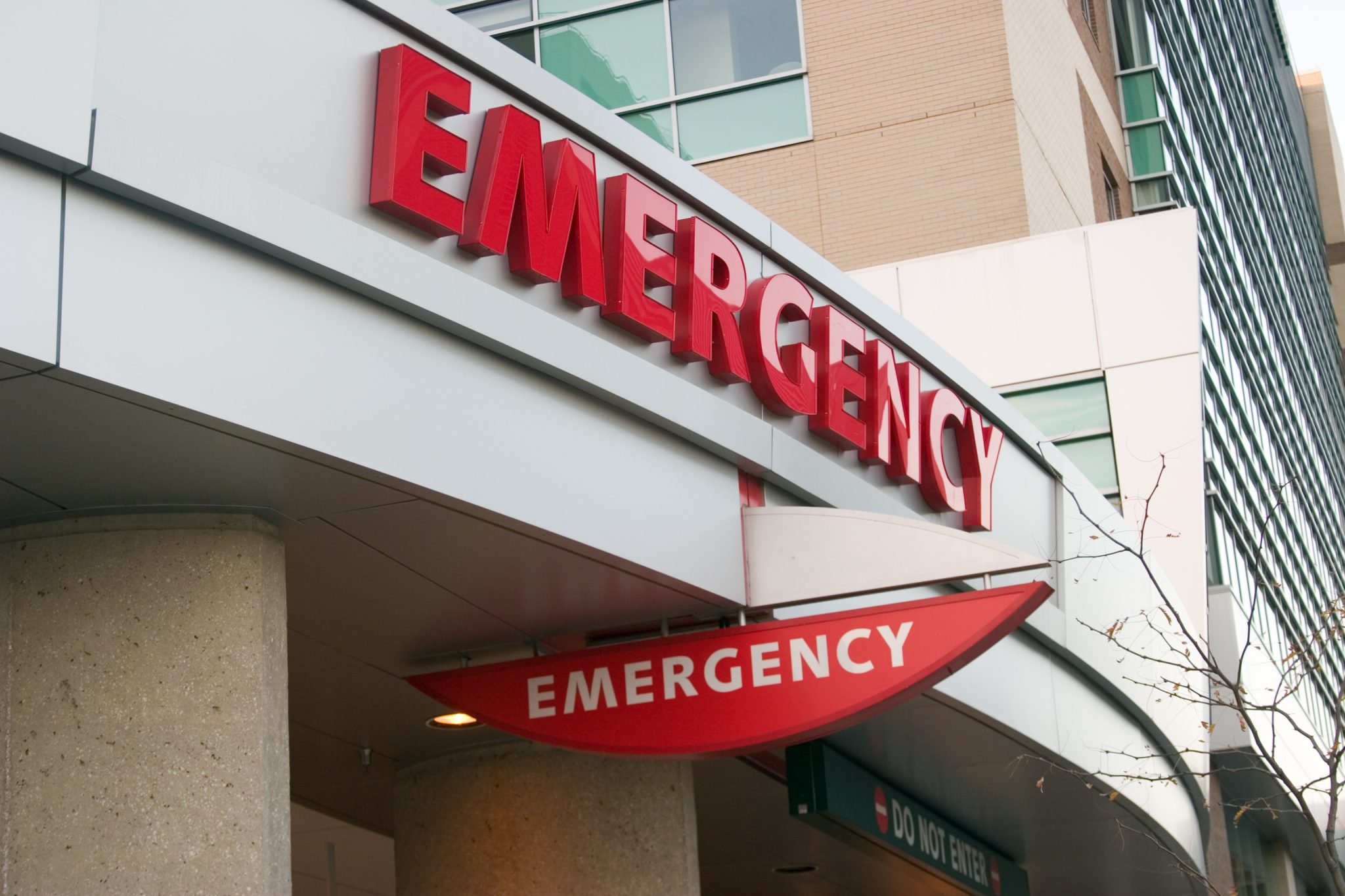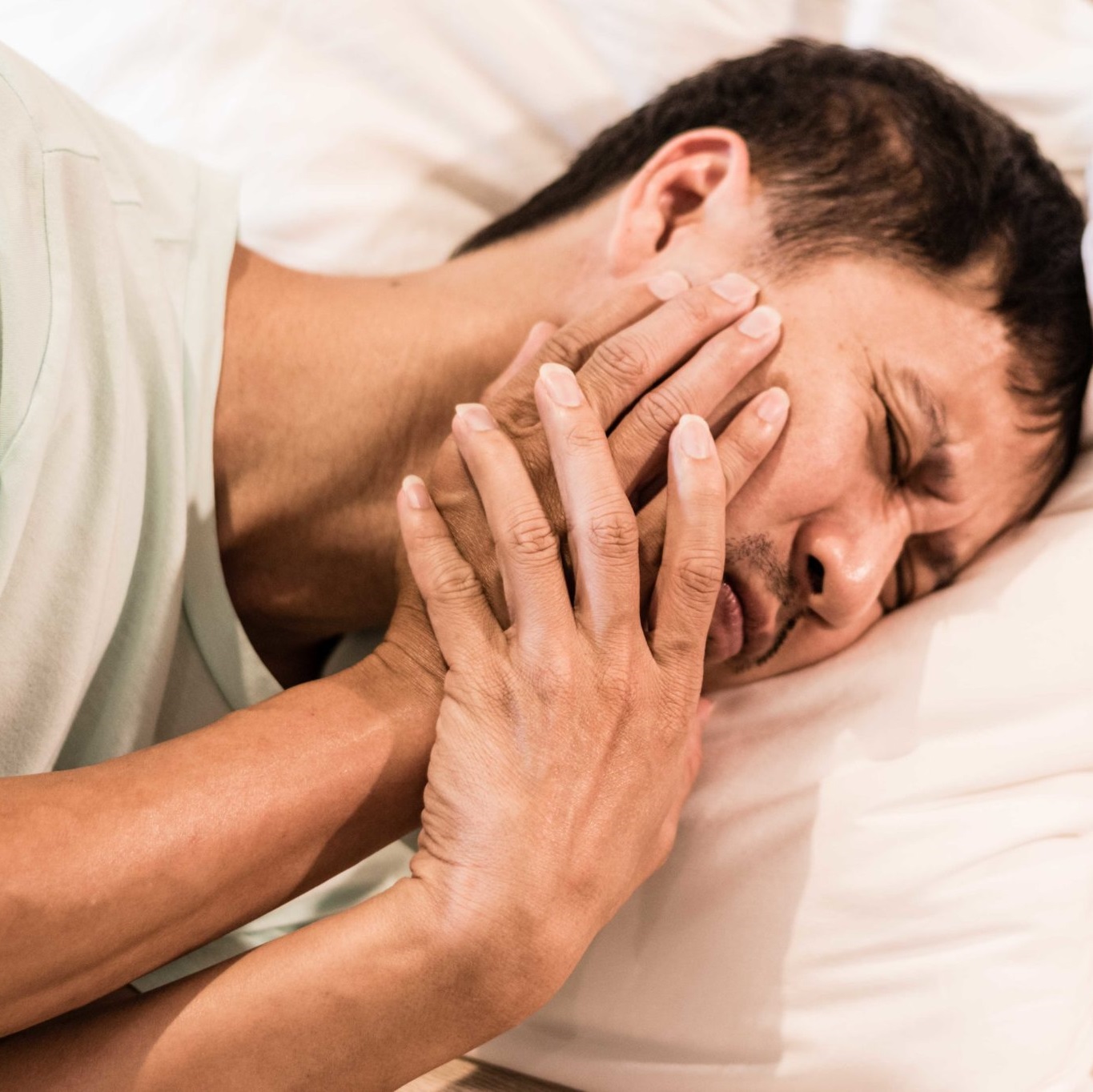5 Common ER Visit in the Fall

September 30, 2021
As the seasons change and temperatures begin to drop, you may find yourself getting under the weather, and sometimes accidents do happen.
Beena Mathaikutty, M.D., MPH, director of the Emergency Department at Pascack Valley Medical Center, offers five of the most common reasons that people visit the emergency room during the fall season.
Respiratory Illnesses
Upper respiratory diseases, colds and seasonal flu, oh my! Flu season is right around the corner, and typically lasts from October to May. With lingering COVID-19 variants, it’s even more important this year to get your flu shot. Avoid touching your mouth, nose and eyes with unwashed hands, and continue following the latest mask guidance.
Flu season can be especially challenging for children in school or daycare. This fall—and into the winter—be mindful of their hygiene habits to prevent them from bringing germs and viruses back home. “Take the time to teach them to stay safe and healthy by washing hands and covering their mouths when coughing and sneezing. These preventative measures will help keep the whole family healthy,” Dr. Mathaikutty says.
Injuries From Household Chores
What seem like simple household chores can potentially cause you injury. “A lot of people will prepare for the fall by raking leaves, doing yard work or preparing their homes for the winter,” Dr. Mathaikutty says. “It’s essential to take caution with bending and heavy lifting as to avoid back spasms, sciatica or arthritis exacerbations.” If you experience chest pain or shortness of breath while doing yard work, or during any other exertion, you should seek medical evaluation immediately.
Seasonal Allergies and Asthma Exacerbation
Approximately 24 million Americans suffer from seasonal allergies, while about 25 million live with asthma. With the change in seasons, most people find themselves increasingly indoors, where things like dust and pet dander can aggravate the symptoms of these conditions. Dr. Mathaikutty says to be sure to continue taking any medication you have been prescribed to manage your symptoms. In addition, control indoor allergens by changing air filters often, vacuuming regularly and considering an air-purification device.
Pain and Wounds From Outdoor Activities
Slips and falls are one of the top reasons that send people to the emergency room year-round. Take extra steps to avoid letting your fun fall festivities turn into a trip to the hospital. “People will be hiking and apple or pumpkin picking, so it’s ideal to wear the right gear to avoid falls, strains and sprains,” Dr. Mathaikutty says. And if the weather is chilly, be sure you have on warm enough clothing.
Burns, Smoke Inhalation and Carbon Monoxide Poisoning
To stay warm when temperatures drop, many people invest in space heaters for their home or gas-powered/kerosene heaters for their outdoor activities. Be careful when you are using these types of devices. If not used properly, heaters can cause burns and carbon monoxide poisoning. They can also potentially lead to fires, which can result in a life-threatening situation. As a part of your fall and winter home prep, install and maintain your carbon monoxide and smoke detectors.
Taking Extra Care
Dr. Mathaikutty notes that during the fall and winter, the elderly typically do not go out as often. “Be sure you are checking in on your elderly loved ones for their well-being during this time,” she says. “Many people also feel isolated or have seasonal affective disorder in the fall or winter, so checking in with your own mental health and seeking help if you need it is always important, too.”
She says there is usually a decrease in physical activity in the fall and winter months, which can contribute to weight gain and a health decline. “It is important to find other ways of staying active like exercising indoors and eating healthier,” she recommends.
Next Steps & Resources:
- Meet our source: Beena Mathaikutty, M.D., MPH.
- To make an appointment with a doctor near you, call 800-822-8905 or visit our website.
The material provided through HealthU is intended to be used as general information only and should not replace the advice of your physician. Always consult your physician for individual care.
Find a doctor near me
ER vs. Urgent Care vs. Pediatrician

When your child gets sick, it can be hard to know - should you go to the emergency room (ER), urgent care or pediatrician?
How to Deal with Common Autumn Injuries and Illnesses

Autumn is a wonderful time to enjoy the outdoors, however, there are certain illnesses and injuries that are common during this season.
Find a doctor near me

8 Possible Causes (and Treatments) for Your Dizziness
Research shows that dizziness, vertigo and balance problems affect about 15 percent of U.S. adults each year.

Is My Heart Rate Too Low? Or Too High?
Have you ever felt that your heart was pounding faster than you thought it should be beating? What's a "normal' heart rate?

What A Dietician Says Are the Best Diets to Try in 2022
You may be thinking about changing your eating habits to lose weight, feel more energetic, lower your blood-pressure levels or achieve a healthier lifestyle.

What Does It Mean If You Grind Your Teeth at Night?
Sometimes when you’re feeling stressed or angry in the middle of the day, you may suddenly realize that you’ve been clenching your teeth together in response to your emotions.
